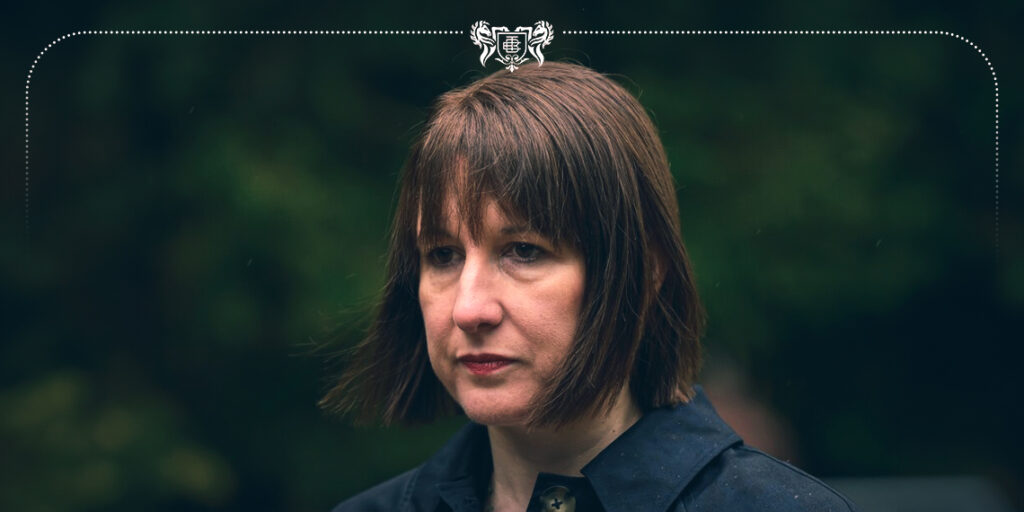In a historic first Budget under the Labour Government, UK Chancellor Rachel Reeves is set to announce a transformative £3 billion funding boost for the British armed forces, marking a significant commitment to military readiness, public services, and economic revitalization.
This first fiscal statement under Labour focuses on raising defense funding, replenishing critical stockpiles, and addressing public service needs across the NHS, housing, and education sectors.
This new £3 billion defense budget aims to address pressing national security needs, supporting UK forces through increased funding for weapons stockpiles and providing a backdated pay increase for soldiers.
The additional funding is part of Labour’s pledge to bolster military capabilities, although it falls short of the Conservative target to increase defense spending to 2.5% of the UK’s GDP.
Chancellor Reeves will deliver her first Budget as the UK’s first female Chancellor, setting out Labour’s forward-looking plan to tackle the nation’s pressing social and economic issues.
In her Budget announcement, Reeves is expected to emphasize the need to improve the lives of working people by investing in essential public services. She will outline strategies for reducing NHS waiting times, advancing affordable housing initiatives, and modernizing aging schools.
In her anticipated remarks, Reeves will stress Labour’s commitment to putting “more pounds in people’s pockets,” ensuring a responsive NHS, and fostering a growing, inclusive economy that boosts living standards for everyone.
Citing Labour’s historic role in rebuilding the country under leaders like Attlee, Wilson, and Blair, Reeves will express her ambition to address the challenges inherited by the Labour Government.
Alongside the armed forces investment, Reeves’ first Budget includes major provisions for the UK’s workforce, public health, and taxation:
Minimum Wage Increase: The minimum wage is set to increase by 6.7%, reaching £12.21 per hour in 2024, offering significant financial relief to low-wage earners across the UK.
NHS Investment and Public Health: Additional funding of £1.5 billion will be allocated to the NHS, supporting new surgical hubs and radiotherapy technology to improve patient outcomes and reduce waiting times.
Tax Reforms: The Budget may include revisions to fuel duty, inheritance tax, and capital gains tax. However, Labour remains committed to preserving the main tax rates on income, VAT, and national insurance for working people.
Business Rates Reform: Reeves signalled forthcoming changes to business rates, along with a new “business tax road map” to support economic growth and competitiveness.
Investment in Local Services: Labour leader Sir Keir Starmer announced £240 million for local services, aimed at helping more people return to work and revitalizing communities.
The Budget release will coincide with a comprehensive report from the Office for Budget Responsibility (OBR), analyzing the Conservative Government’s economic policies.
This report will likely focus on the so-called £22 billion “black hole” in public finances, an area of intense political debate.


